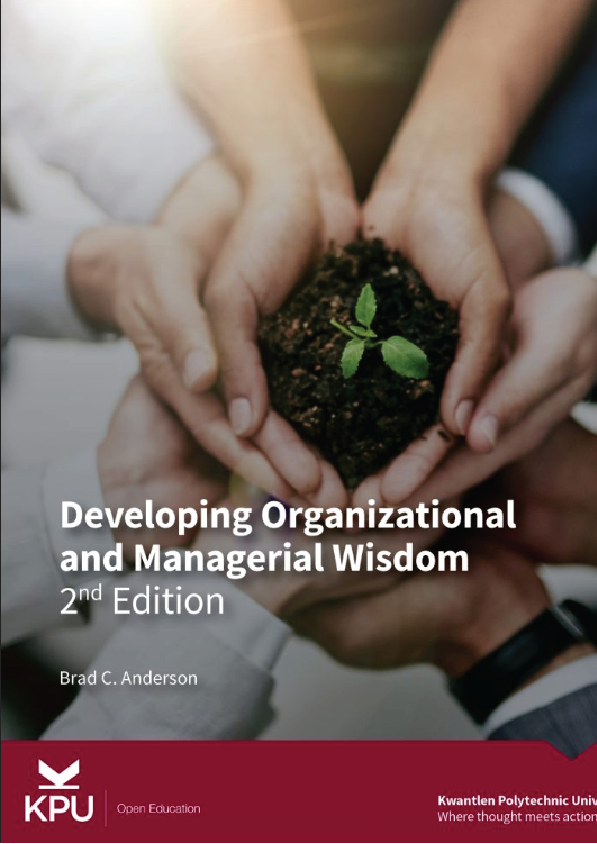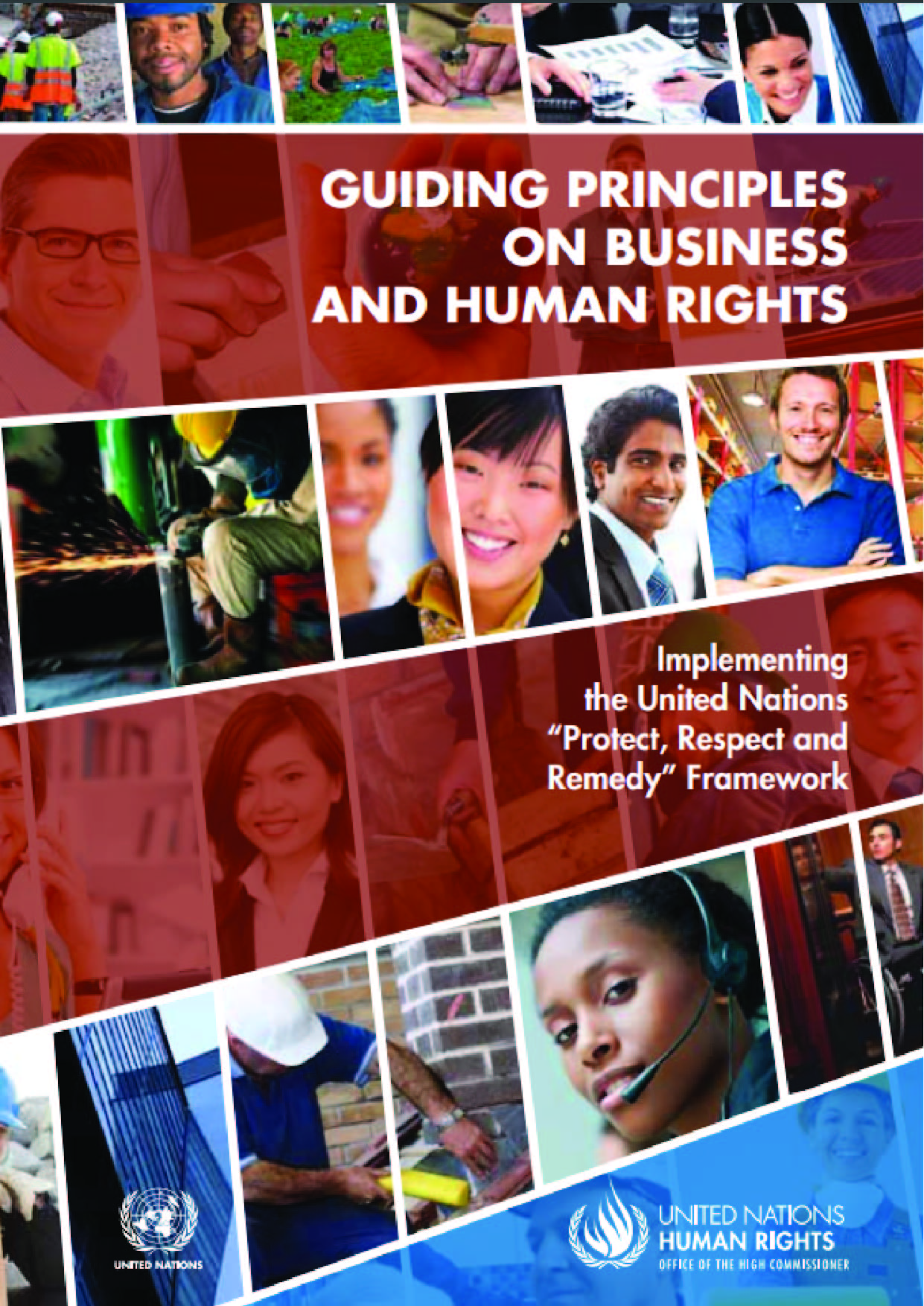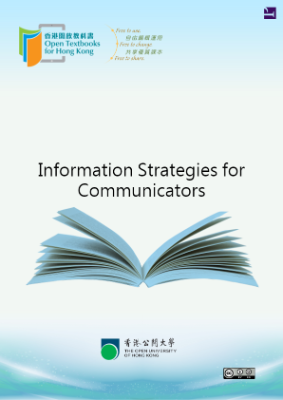Can we create organizations that act wisely? It is easy to be cynical about such a question. The news shows us images of misbehaving corporations and ineffective governments. Those who have gone to work in large organizations return with tales of mind-numbing bureaucracy, nonsensical policies, and ruthless managers. Wisdom, it seems, is a rarity.
Yet, consider the following. In 1981, forty-four percent of the world’s population lived in extreme poverty. By 2015, only ten percent did
- In 1950, the global average life expectancy was forty-eight years
- By 2014, we extended that to seventy-one years
- We did not achieve these accomplishments by accident, but rather through an intentional, coordinated effort across hundreds of organizations and thousands of people spanning the globe. Some might consider organizations capable of such achievements wise.
Thus, the question is not can we create wise organizations, for it seems we already have some capacity to do so. Instead, it is how we can create wise organizations on purpose. Is wisdom the product of chance, or is it an attribute we can develop?
This textbook is premised on the assumption that wisdom is an attribute we can develop and lays out a framework to do so. First, though, we must understand what wisdom is, which the following section does.
Is a politician who votes to turn undeveloped parkland into a condominium development a wise leader or a destructive fool? Your answer to that may depend on several factors, including the situation, your attitudes, and your culture.
Regarding the situation, your assessment of the politician may depend on several factors. Your view may differ if the undeveloped park is a haven for coyotes that attack pets and small children versus a tranquil hiking area for nearby residents.
Your attitude also influences your judgment. Your view of the politician’s actions will differ if you believe, for example, that creating homes for people is more critical than preserving nature.
The culture in which you live will influence your attitudes. If your culture’s beliefs and values honour the sanctity of nature above commercial development, that may seep into your views, affecting your judgment of the politician.
The actions we define as wise depend on our understanding of the social context in which the action happens and personal and cultural perspectives. Different people may perceive the situation differently. Their values and beliefs may differ from one another.
They may come from different cultures with different attitudes. Thus, though you may judge the politician a dangerous fool, another person may see them as the wisest of leaders.
If perceptions of wisdom differ from one person to the next, can we truly know what wisdom is? If there is no unifying perception of what is wise, how can we develop wisdom?
Though opinions of wisdom may vary, there are unifying structures that we can understand. Though various thinkers and cultures may categorize them differently, this textbook presents these unifying structures as follows.
- Values: Values guide wise action
- Rationality: Knowledge is required but insufficient for wise action
- Power: Wisdom is action-oriented











